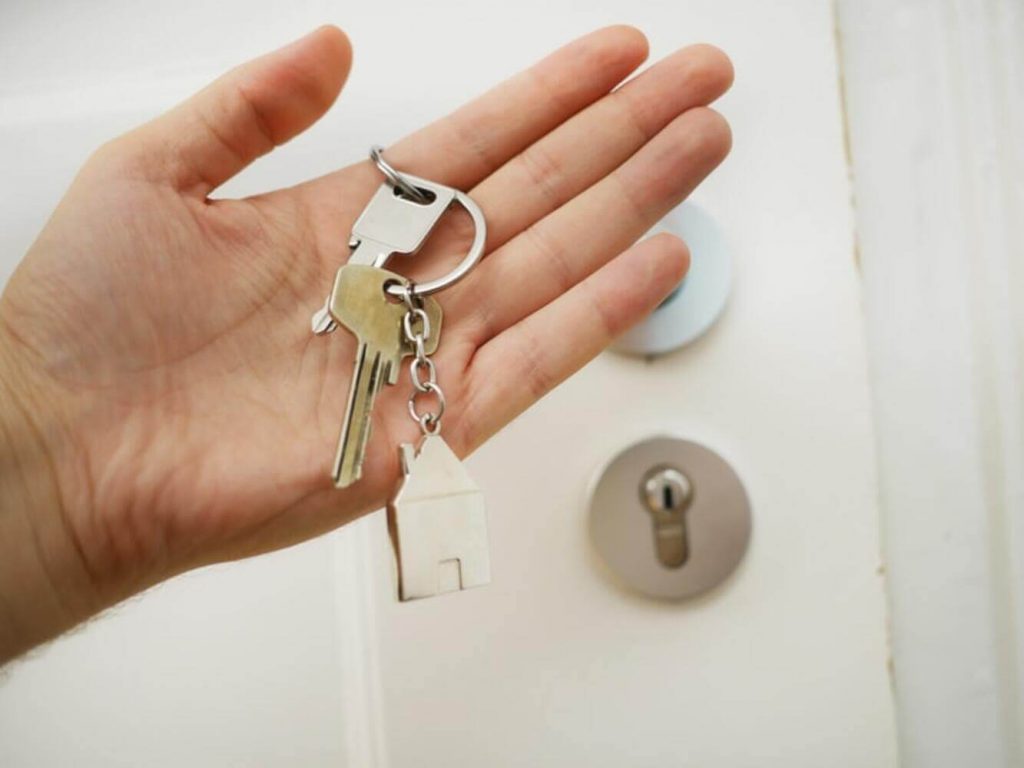Home Buyer Due-Diligence Checklist
Buying a home is an exciting time but also one of the most stressful periods in life. You need to make a lot of considerations and take many steps before closing on your new property. ‘Course, it’s a no-brainer not to leave any stone unturned. That said, the due diligence phase is crucial to investigate the property you plan to buy and come up with an informed decision. So tick every box in this definitive due diligence checklist to ensure as little to no regrets as possible.
Do Your Research
The first thing on your list should be to stay informed. Remember, your future home will be a place that reflects who you are and speaks about the type of lifestyle you lead. Knowing this, here are a few things to consider:
- Location: Is the place close to work or school? Is there access to public transport? If possible, drive through the streets to check out conveniences like grocery shops, restaurants, etc. Also, note down local amenities such as hospitals, parks, and shopping malls near your residence.
- Homes for sale nearby and the competition around. Compare your house with other properties in the neighborhood. Does it seem overpriced? Is it in accordance with the median home price? However, everything still depends on the size and grandeur of the house you’re planning to buy.
- Housing Conditions: Talk to your realtor about the building’s past records, including any construction problems, legal issues like noise complaints, or labor disputes.
- Crime Rate: Look for crime maps online that show crimes committed in an area within a given time frame. You don’t want to compromise your family’s safety.
Inspect The Home You Plan to Buy
This is the most critical moment in the homebuying process. You need to inspect the property, preferably with an expert in building and construction. Pay attention to every little detail when it comes down to physical damage both inside and outside the house. Some things to note of:
- Check for exterior cracks. Cracks on the surface mostly mean there’s some sort of damage going on deeper into the foundation.
- Look for signs of water damage. Watch out for black mold along the edges of walls, as this can be unhealthy to the lungs. Some sellers like to conceal moisture damage with paint so make sure you check every corner out.
- Be skeptical about air fresheners. Obviously, sellers will want the room to be as presentable as possible. But if the scent of the air freshener is too strong, they might be trying to hide something, such as leaky sewage, animal poop, or even a body (you never know)!
- Inspect the gutters. Well-maintained gutters mean the home is protected from water damage. But more than a working system, be wary of homes that use vinyl gutters. Although there might be a few reasons to avoid vinyl gutters, the primary cause is that owners tend to install them incorrectly on their own, causing damage in the long run.
- Notice uneven floors. Bring a marble when checking a house and put it on the floor. If it rolls, that means the floors are not aligned and might be costly to fix.
Your intuition plays a significant role during the inspection process. If something seems fishy or feels off, don’t be afraid of asking questions about it. It’s better to know everything beforehand than to have regrets later on.

Ask for Necessary Documents
Some essential documents to request from your real estate agent include the title of ownership, tax declaration, deed of sale, a list of inspections, and any other document disclosing known issues with the property. If they can’t be provided or you’re not satisfied with the current paperwork, use this time to discuss and get everything fixed before going through with the purchase.

Consider Getting an Appraisal
A professional appraiser can determine the market value of a property and guide you to make an informed decision. Plus, if the home is in disrepair or needs some work done before closing on it, then your appraisal can help you negotiate a reasonable price for the compromises that comes with it.
Evaluate Energy Efficiency Ratings
It will be impossible for you to tell whether a house has been well-maintained without having a thorough inspection performed by experts. As a well-informed buyer, you’ll want to seek a home that has a good energy efficiency rating. It doesn’t have to be fancy, like with solar panels or eco-friendly light bulbs. You just want to make sure you’re not wasting utilities in the future so ask about the insulation and energy usage.
Conclusion
The due diligence phase can be a daunting period of your life, but you don’t have to go through the entire process alone. During such a crucial time, you should consider getting a reliable real estate agent who’s keen on achieving your best interests.







